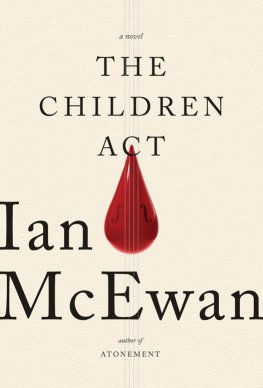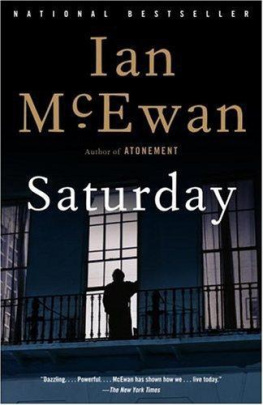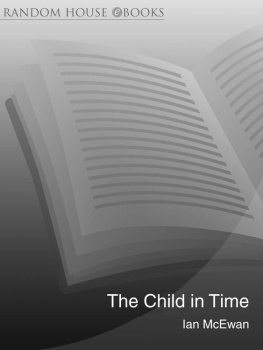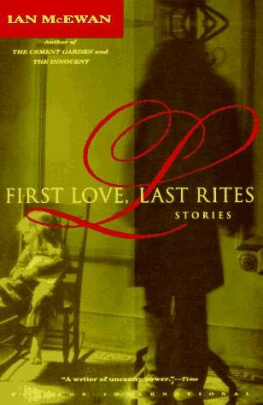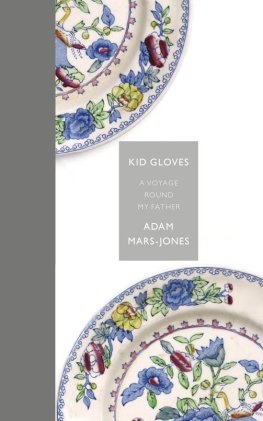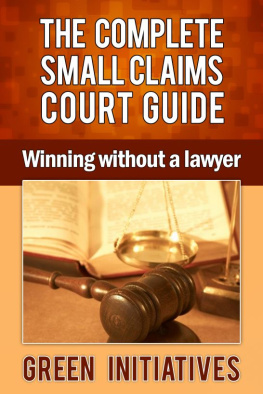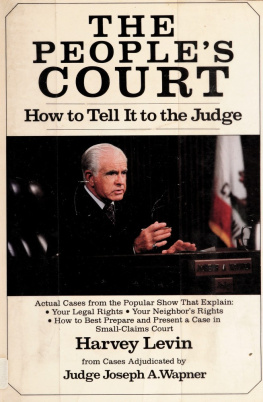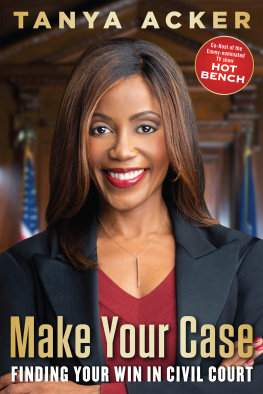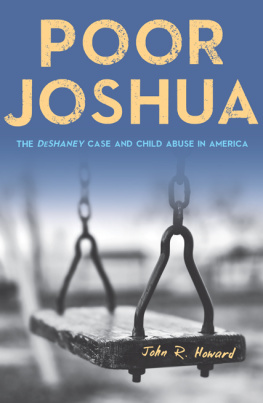Ian McEwan
THE CHILDREN ACT
When a court determines any question with respect to the upbringing of a child the childs welfare shall be the courts paramount consideration.
SECTION 1(A), THE CHILDREN ACT, 1989

One

LONDON. TRINITY TERM one week old. Implacable June weather. Fiona Maye, a High Court judge, at home on Sunday evening, supine on a chaise longue, staring past her stockinged feet toward the end of the room, toward a partial view of recessed bookshelves by the fireplace and, to one side, by a tall window, a tiny Renoir lithograph of a bather, bought by her thirty years ago for fifty pounds. Probably a fake. Below it, centered on a round walnut table, a blue vase. No memory of how she came by it. Nor when she last put flowers in it. The fireplace not lit in a year. Blackened raindrops falling irregularly into the grate with a ticking sound against balled-up yellowing newsprint. A Bokhara rug spread on wide polished floorboards. Looming at the edge of vision, a baby grand piano bearing silver-framed family photos on its deep black shine. On the floor by the chaise longue, within her reach, the draft of a judgment. And Fiona was on her back, wishing all this stuff at the bottom of the sea.
In her hand was her second Scotch and water. She was feeling shaky, still recovering from a bad moment with her husband. She rarely drank, but the Talisker and tap water was a balm, and she thought she might cross the room to the sideboard for a third. Less Scotch, more water, for she was in court tomorrow and she was duty judge now, available for any sudden demand, even as she lay recuperating. He had made a shocking declaration and placed an impossible burden on her. For the first time in years, she had actually shouted, and some faint echo still resounded in her ears. You idiot! You fucking idiot! She had not sworn out loud since her carefree teenage visits to Newcastle, though a potent word sometimes intruded on her thoughts when she heard self-serving evidence or an irrelevant point of law.
And then, not long after that, wheezy with outrage, she had said loudly, at least twice, How dare you!
It was hardly a question, but he answered it calmly. I need it. Im fifty-nine. This is my last shot. Ive yet to hear evidence for an afterlife.
A pretentious remark, and she had been lost for a reply. She simply stared at him, and perhaps her mouth was open. In the spirit of the staircase, she had a response now, on the chaise longue. Fifty-nine? Jack, youre sixty! Its pathetic, its banal.
What she had actually said, lamely, was, This is too ridiculous.
Fiona, when did we last make love?
When did they? He had asked this before, in moods plaintive to querulous. But the crowded recent past can be difficult to recall. The Family Division teemed with strange differences, special pleading, intimate half-truths, exotic accusation. And as in all branches of law, fine-grained particularities of circumstance needed to be assimilated at speed. Last week, she heard final submissions from divorcing Jewish parents, unequally Orthodox, disputing their daughters education. The draft of her completed judgment was on the floor beside her. Tomorrow, coming before her again would be a despairing Englishwoman, gaunt, pale, highly educated, mother of a five-year-old girl, convinced, despite assurances to the court to the contrary, that her daughter was about to be removed from the jurisdiction by the father, a Moroccan businessman and strict Muslim, to a new life in Rabat, where he intended to settle. Otherwise, routine wrangles over residence of children, over houses, pensions, earnings, inheritance. It was the larger estates that came to the High Court. Wealth mostly failed to bring extended happiness. Parents soon learned the new vocabulary and patient procedures of the law, and were dazed to find themselves in vicious combat with the one they once loved. And waiting offstage, boys and girls first-named in the court documents, troubled little Bens and Sarahs, huddling together while the gods above them fought to the last, from the Family Proceedings Court, to the High Court, to the Court of Appeal.
All this sorrow had common themes, there was a human sameness to it, but it continued to fascinate her. She believed she brought reasonableness to hopeless situations. On the whole, she believed in the provisions of family law. In her optimistic moments she took it as a significant marker in civilizations progress to fix in the statutes the childs needs above its parents. Her days were full, and in the evenings recently, various dinners, something at Middle Temple for a retiring colleague, a concert at Kings Place (Schubert, Scriabin), and taxis, Tube trains, dry-cleaning to collect, a letter to draft about a special school for the cleaning ladys autistic son, and finally sleep. Where was the sex? At that moment, she couldnt recall.
I dont keep a record.
He spread his hands, resting his case.
She had watched as he crossed the room and poured himself a measure of Scotch, the Talisker she was drinking now. Lately, he was looking taller, easier in his movements. While his back was turned to her she had a cold premonition of rejection, of the humiliation of being left for a young woman, of being left behind, useless and alone. She wondered if she should simply go along with anything he wanted, then rejected the thought.
He had come back toward her with his glass. He wasnt offering her a Sancerre the way he usually did around this time.
What do you want, Jack?
Im going to have this affair.
You want a divorce.
No. I want everything the same. No deception.
I dont understand.
Yes you do. Didnt you once tell me that couples in long marriages aspire to the condition of siblings? Weve arrived, Fiona. Ive become your brother. Its cozy and sweet and I love you, but before I drop dead, I want one big passionate affair.
Mistaking her amazed gasp for laughter, for mockery perhaps, he said roughly, Ecstasy, almost blacking out with the thrill of it. Remember that? I want one last go, even if you dont. Or perhaps you do.
She stared at him in disbelief.
There it is, then.
This was when she had found her voice and told him what kind of idiot he was. She had a powerful grip on what was conventionally correct. That he had, as far as she knew, always been faithful made his proposition all the more outrageous. Or if hed deceived her in the past hed done it brilliantly. She already knew the name of the woman. Melanie. Not so remote from the name of a fatal form of skin cancer. She knew she could be obliterated by his affair with this twenty-eight-year-old statistician.
If you do this itll be the end for us. Its as simple as that.
Is this a threat?
My solemn promise.
By then she had regained her temper. And it did seem simple. The moment to propose an open marriage was before the wedding, not thirty-five years later. To risk all they had so that he might relive a passing sensual thrill! When she tried to imagine wanting something like it for herselfher last fling would be her firstshe could think only of disruption, assignations, disappointment, ill-timed phone calls. The sticky business of learning to be with someone new in bed, newly devised endearments, all the fakery. Finally, the necessary disentangling, the effort required to be open and sincere. And nothing quite the same when she came away. No, she preferred an imperfect existence, the one she had now.
But on the chaise longue it rose before her, the true extent of the insult, how he was prepared to pay for his pleasures with her misery. Ruthless. She had seen him single-minded at the expense of others, most often in a good cause. This was new. What had changed? He had stood erect, feet well apart as he poured his single malt, the fingers of his free hand moving to a tune in his head, some shared song perhaps, not shared with her. Hurting her and not caringthat was new. He had always been kind, loyal and kind, and kindness, the Family Division daily proved, was the essential human ingredient. She had the power to remove a child from an unkind parent and she sometimes did. But remove herself from an unkind husband? When she was weak and desolate? Where was her protective judge?

